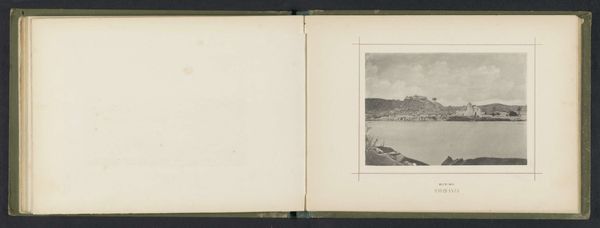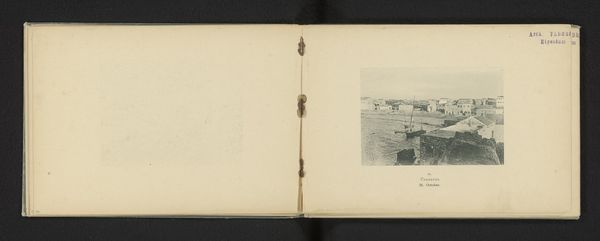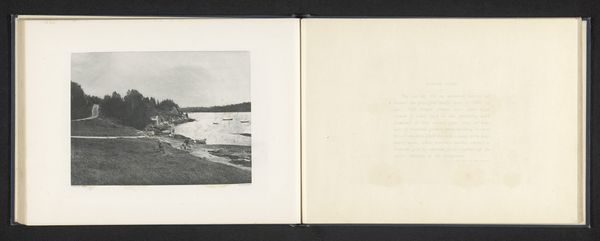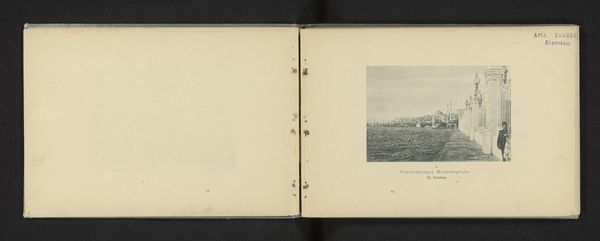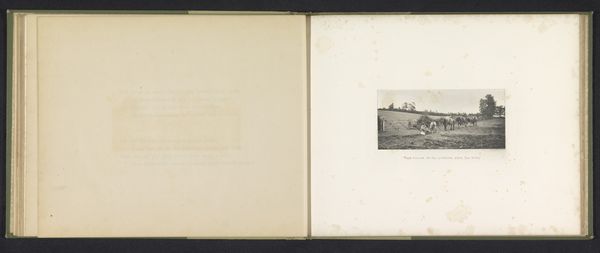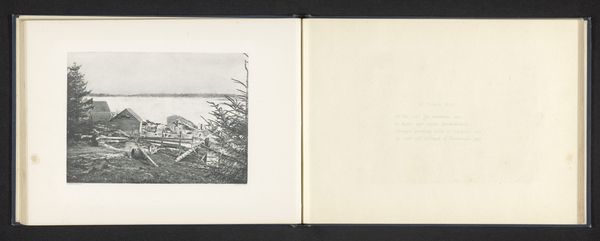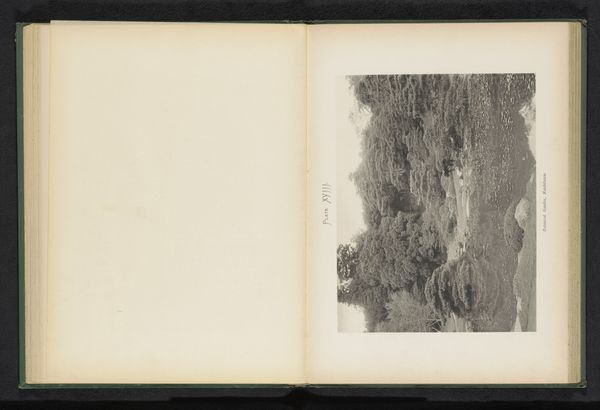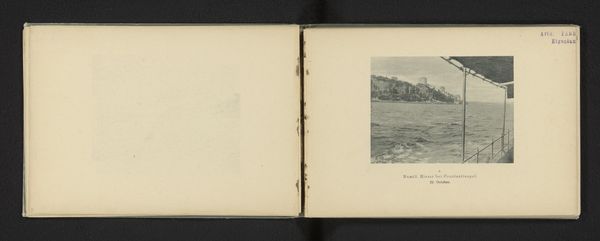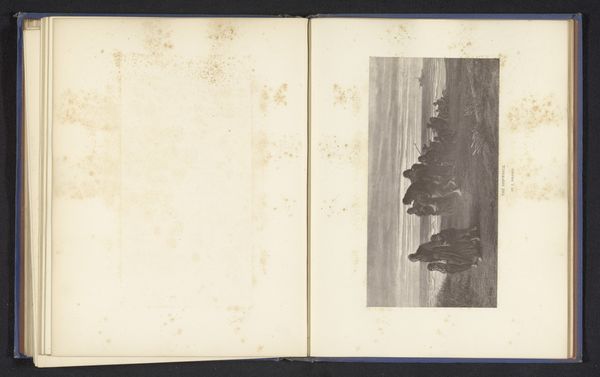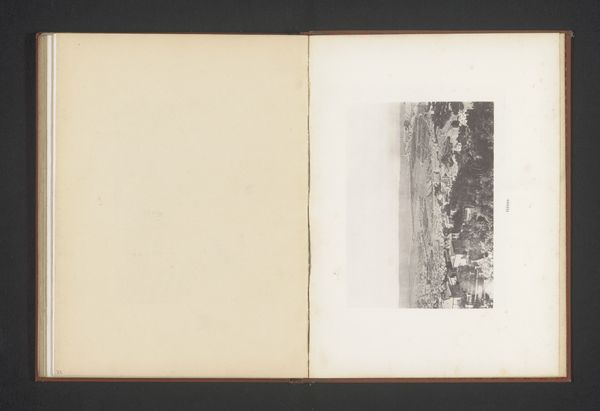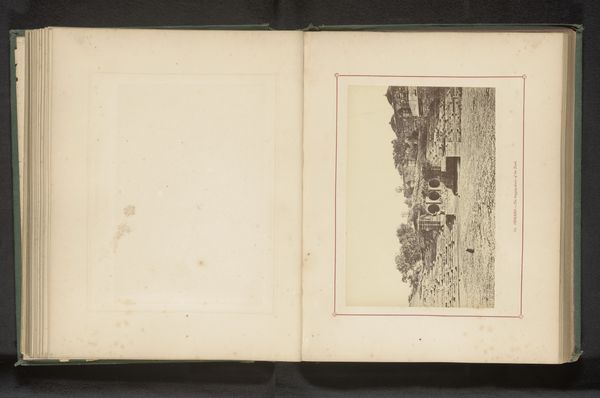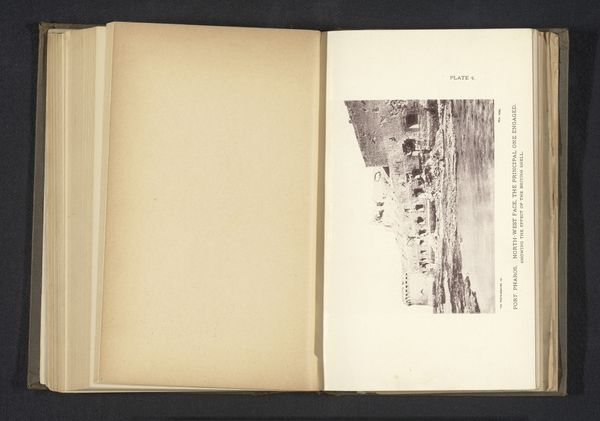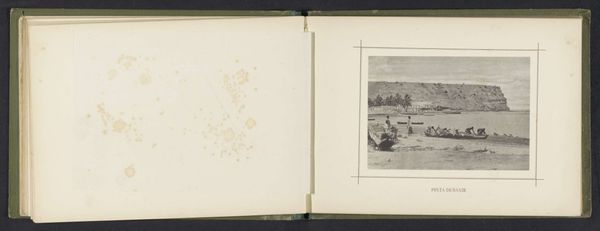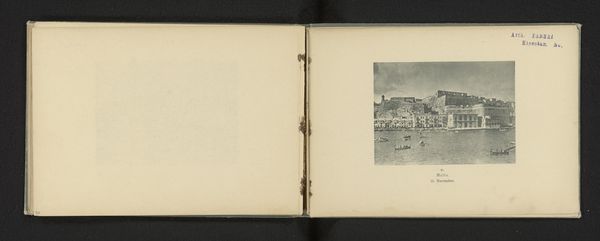
photography
#
landscape
#
photography
Dimensions: height 118 mm, width 165 mm
Copyright: Rijks Museum: Open Domain
José Augusto da Cunha Moraes took this photograph of the Gezicht op de baai van Luanda in Angola at the turn of the twentieth century. It captures the capital of what was then a Portuguese colony. Luanda’s deep sheltered harbor made it a key site in the transatlantic slave trade. As we look at this tranquil bay, we might recall that its economic development relied on the exploitation and transportation of enslaved people. The architecture along the bay suggests this history: the fort on the lower right was originally built to defend the city from foreign invaders, but in later centuries, it became a holding pen for enslaved Africans awaiting shipment to Brazil and the Americas. As an art historian, I’m interested in how photography like this presents a selective view of colonialism. We must consider the ways in which a seemingly neutral image might normalize or obscure the realities of colonial power. Accessing archives, historical documents, and postcolonial analyses helps us to unpack the complex relationship between representation and history.
Comments
No comments
Be the first to comment and join the conversation on the ultimate creative platform.
